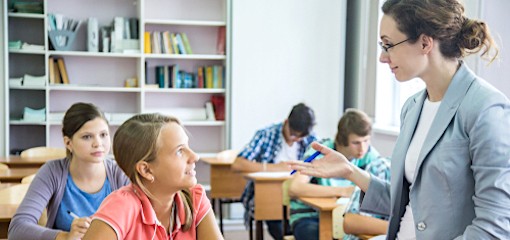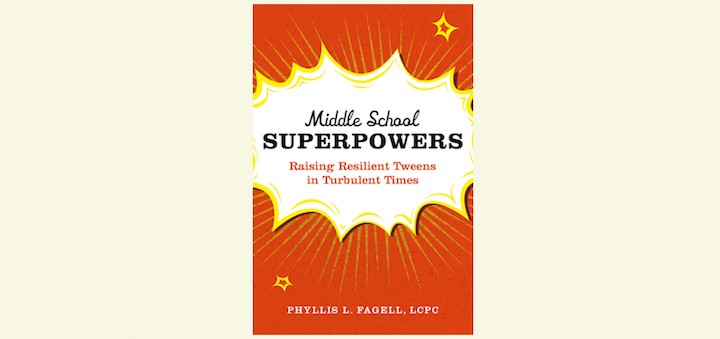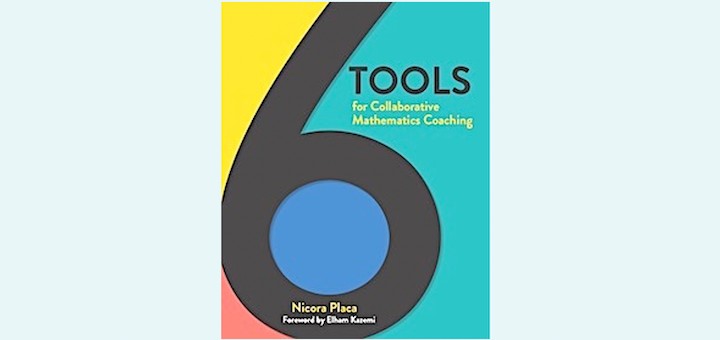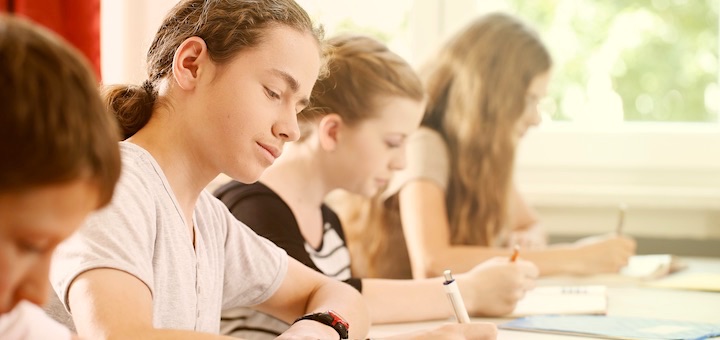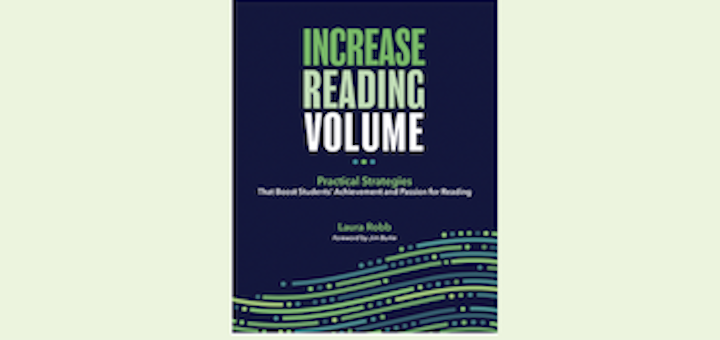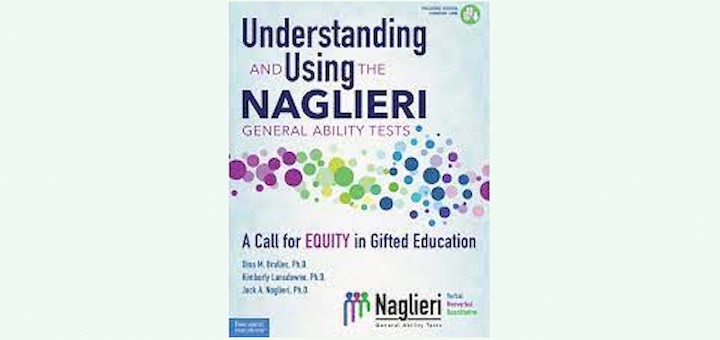Teaching and learning in grades 4-8
“I want to recognize that my students are, in fact, highly literate human beings whose understanding of literacy has been shaped by an age of screens and digital interactions,” writes ELA teacher Jason DeHart. The question becomes, how do we change to meet them where they are?
Kathie Palmieri shows how the ChatGPT tool can help launch the new school year with content activities, introductory letters, and more. She also includes tips for using generative AI software to batch-plan lessons for a quarter, trimester, or even designing a year-long plan.
As schools open their doors for a new year, preservice educator Curtis Chandler urges novice teachers to prioritize the two crucial elements most likely to fuel student success in the months to come: teacher relationships with students and clarity about classroom expectations.
Phyllis Fagell’s Middle School Superpowers offers parents and educators productive ways to help tweens deal with change, social missteps, missed opportunities and disappointment as they encounter adolescent challenges. A must read, says consultant Anne Anderson.
If you’re looking for a book to guide your community of educators in collaborative reflections on math practice, Nicora Placa’s book will give you the tools. The practices will jump off the page with ready-to-use protocols and debrief questions, writes math educator Mona Iehl.
What if you could concentrate more on lesson development and spend less time creating exemplars (and non-exemplars) to use in writing instruction? Literacy consultant Sarah Tantillo shows how you can ask AI chatbots such as ChatGPT to do just that, step by step.
Over 40 years of research on successful middle schools has verified the amazing benefits for students of interdisciplinary teacher teaming. Author, consultant and middle level evangelist Jack Berckemeyer offers 10 snapshots that define the characteristics of effective teams.
Be ready for the school year with 4-week learning calendars that identify critical routines for school success and guide instruction that enhances working memory. Shannon Costley and Susanne Croasdaile share tips to ensure this brain-based strategy meets your students’ needs.
To teach students to master standards while also cultivating a love of reading, Laura Robb offers new ideas and resources and a new outlook on old practices in Increase Reading Volume. It is exactly what teachers need for their reading blocks, says literacy leader Sarah Valter.
Jack A. Naglieri and his co-authors offer a comprehensive guide to using the Naglieri General Ability Tests to reach gifted students equitably and also deliver instruction to those students identified through the tests, writes NBCT and gifted services specialist Kim Rensch.



